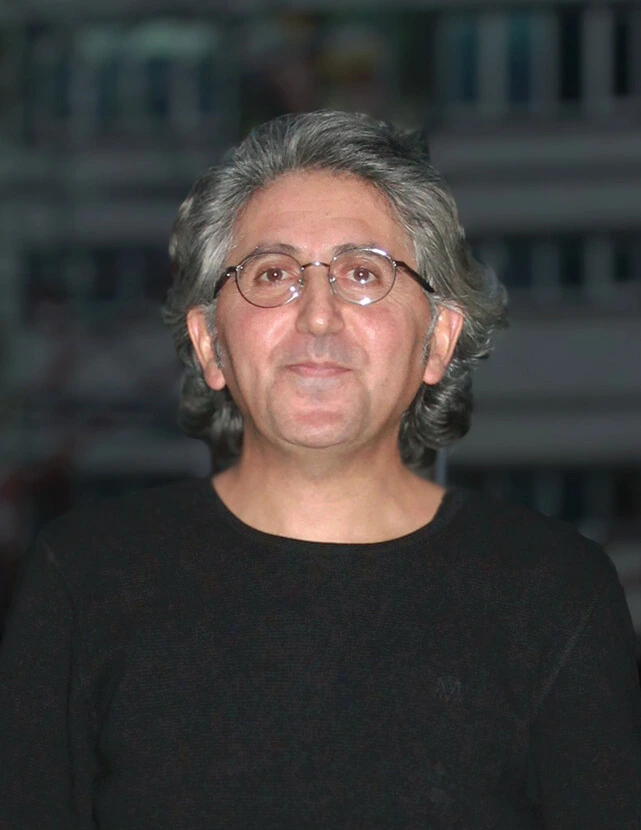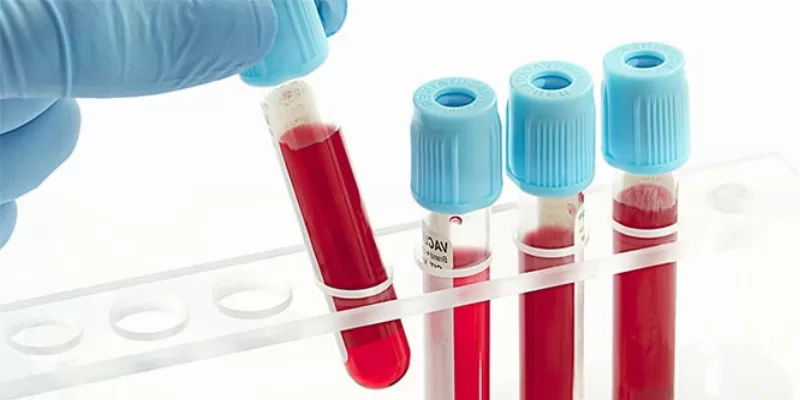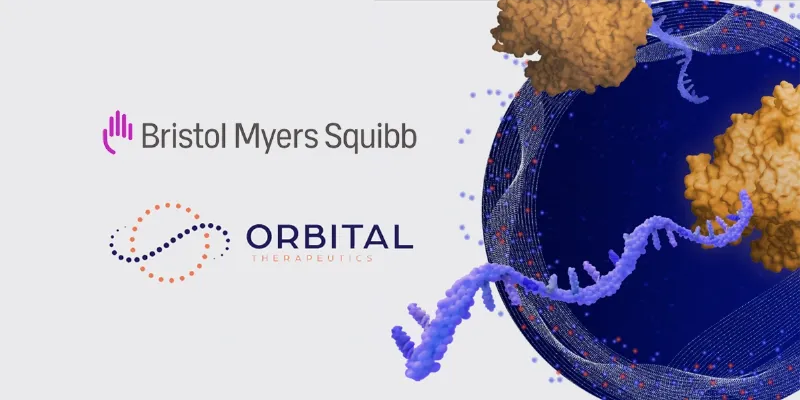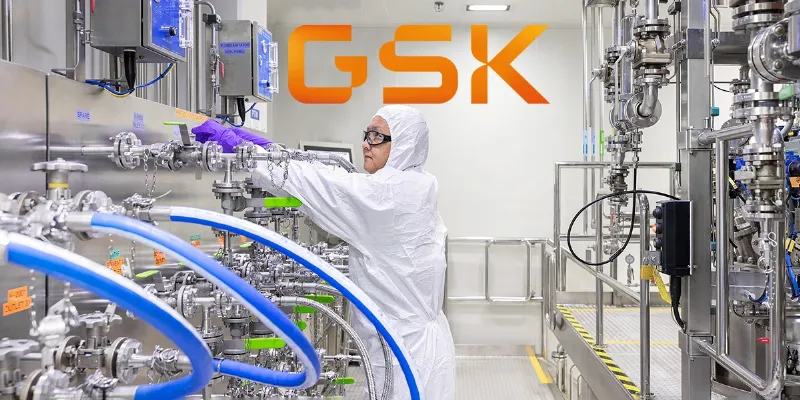Casgevy: UK Approves World-First Gene-Editing CRISPR Treatment for Blood Disorders


Pharma |
17 November 2023
In a historic move, the UK's MHRA has approved Casgevy, a groundbreaking gene therapy for treating sickle cell disease and beta thalassemia. This decision marks a global first in gene therapy approvals, representing a significant advancement in the potential cure of inherited blood disorders.
Casgevy, also known in development as exagamglogene autotemcel or exa-cel, is authorized for patients aged 12 and older, offering new hope to those suffering from sickle cell disease and beta thalassemia. Developed by Vertex Pharmaceuticals in collaboration with CRISPR Therapeutics, this innovative therapy marks a significant milestone in medical science, embodying the potential of gene-editing technologies in treating genetic disorders.
Sickle cell disease, which affects around 15,000 individuals in the UK, causes the production of abnormally shaped red blood cells, leading to severe pain and life-threatening infections. Beta thalassemia, impacting over 1,000 UK residents, involves insufficient haemoglobin production, necessitating regular blood transfusions. Both conditions, until now, had limited treatment options, with bone marrow transplants being the only permanent solution, albeit with substantial risks.
“Today is a historic day in science and medicine: this authorization of CASGEVY in Great Britain is the first regulatory authorization of a CRISPR-based therapy in the world,” said Reshma Kewalramani, M.D., CEO and President of Vertex.
Casgevy, is designed to edit the faulty gene in a patient’s bone marrow stem cells, thereby enabling the production of functional haemoglobin.The results from this treatment have the potential to be life-long.
This gene-editing tool acts like molecular scissors, precisely modifying DNA to address the root cause of these blood disorders. The process involves extracting bone marrow stem cells from the patient, editing the genes in a lab to correct the haemoglobin production issue, and then reinfusing the modified cells into the patient.

Clinical trials have shown promising results. In the sickle-cell disease trial, 28 out of 29 patients (97%) were free of severe pain crises for at least 12 months post-treatment. For transfusion-dependent β-thalassemia, 39 out of 42 patients (93%) did not require a red blood cell transfusion for at least a year after receiving Casgevy. The treatment's side effects were comparable to those of autologous stem cell transplants, including nausea, fatigue, and fever, with no significant safety concerns noted.
“I hope this represents the first of many applications of this Nobel Prize winning technology to benefit eligible patients with serious diseases,” said Samarth Kulkarni, Ph.D., Chairman and CEO of CRISPR Therapeutics.”
The Medicines and Healthcare products Regulatory Agency's (MHRA) approval covers the treatment of patients aged 12 and older. The decision is based on extensive clinical trials conducted in the UK, US, France, Germany, and Italy, led by Prof Josu de la Fuente from Imperial College Healthcare NHS Trust. The trials revealed that most sickle cell patients were free of severe pain, while a large number of beta thalassemia patients no longer needed blood transfusions for at least a year post-treatment.
This historic approval by the MHRA also involved collaboration with Imperial College Healthcare NHS Trust and other medical institutions, as well as engagement with patients for valuable insights.
However, this cutting-edge treatment comes with a hefty price tag, potentially exceeding £1 million, raising concerns about its affordability for the NHS. The health assessment body NICE is now tasked with determining its cost-effectiveness, considering the one-off nature of the treatment and the extensive research and development involved.
“This authorization offers a new option for eligible patients who are waiting for innovative therapies, and I look forward to patients having access to this therapy as quickly as possible,” said Professor Josu de la Fuente, Principal Investigator in the CLIMB-111 and Consultant Haematologist at Imperial College Healthcare NHS Trust.
The MHRA's conditional authorization, valid for one year, mandates ongoing post-marketing clinical research by Vertex and CRISPR Therapeutics. This approval precedes upcoming decisions in the U.S., with the FDA expected to make rulings for sickle cell disease and beta thalassemia by specific dates.
The historic approval of Casgevy, a CRISPR-based gene therapy, marks a groundbreaking moment in medicine and genetics for several reasons:
- Historic Milestone: This is the first time a gene-editing therapy using CRISPR technology has been approved. CRISPR, renowned for its precision and effectiveness, represents a new frontier in medical treatment.
- Medical Advancement: Casgevy's approval signifies a leap forward in treating genetic disorders. By directly editing genes, it offers a potential cure rather than mere symptom management, revolutionizing treatment approaches.
- Patient Benefits: For individuals with sickle cell disease and beta thalassemia, Casgevy promises substantial improvements in quality of life. It reduces the need for frequent transfusions and mitigates painful symptoms, offering a more enduring solution.
- Future Implications: This development paves the way for similar treatments for other genetic diseases. It sets a precedent for using gene-editing technologies to tackle a wide range of genetic disorders, heralding a new era in personalized medicine.











Comments
No Comments Yet!